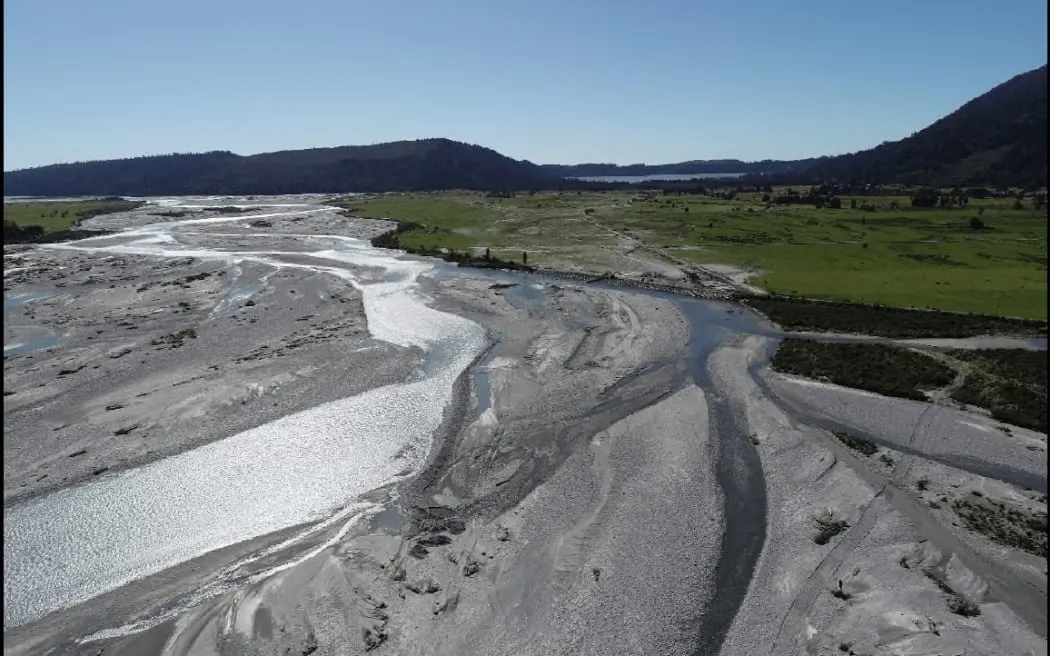Grazing Licences Renewed on West Coast Conservation Land
Hopes are rising in the South Westland farming community that the Department of Conservation will renew grazing licences in the vast river runs where cattle have grazed for more than a century.
The Status of Grazing Concessions on Public Conservation Land
DOC manages 42 grazing concessions and one special licence on public conservation land between the Waitaha River to Big Bay in the south, and at least 15 are up for renewal.
Conservation groups have long opposed the practice of allowing cattle in the braided river valleys, citing concerns over stock exclusion and water quality regulations.
The Impact of Grazing on Conservation Land
And runholders – some of them 6th generation – have been nervous about their future since DOC cancelled John Cowan’s river flat licence at Haast in 2020, ending 160 years of continuous grazing.
Decades of grazing had changed the ecology of the river flats, but evicting the cattle now would soon see them over-run with gorse and deer, according to Rob Wilson, a conservation board member from Harihari.
The Role of Cattle in Pest Control
“The farmers are the ones doing pest control down there – it’s part of their licence conditions and if you lost them, you’d put the whole community at risk,” said Wilson. “So I’m pretty hopeful DOC will recognise all that.”
Research Finds No Harm to Waterways
A DOC research paper published in the New Zealand Journal of Ecology in 2002 found that while cattle on forest margins wiped out some native species, other plants like mountain horopito regenerated better under cattle than in their absence.
The Renewal Process and Future Directions
Any renewals granted in the coming months would be for a 10-year period – a term over 10 years would require public notification, at more cost to the farmer.
The long-established grazing licences came under threat from stock exclusion and water quality regulations enacted by the Labour government in 2020. However, research commissioned by DOC last year showed that the cattle had no impact on the pristine quality of the main waterways in the district.
A Positive Outlook for Grazing Licences
“This was primarily due to the sustainable approach we have taken including low stock numbers … and extensive rather than intensive grazing,” said a DOC spokesperson. “DOC has worked hand in hand with the Ministry for Primary Industries to ensure the stock exclusion rules would not apply to these grazing licences.”
Conservation board member Rob Wilson is hopeful that DOC will renew all the existing grazing licences.
Conclusion
In conclusion, while there are concerns over the impact of grazing on conservation land, research suggests that cattle can be a useful tool in pest control. With sustainable practices and careful management, it is possible to balance the needs of farmers with those of the environment.

0 Comments